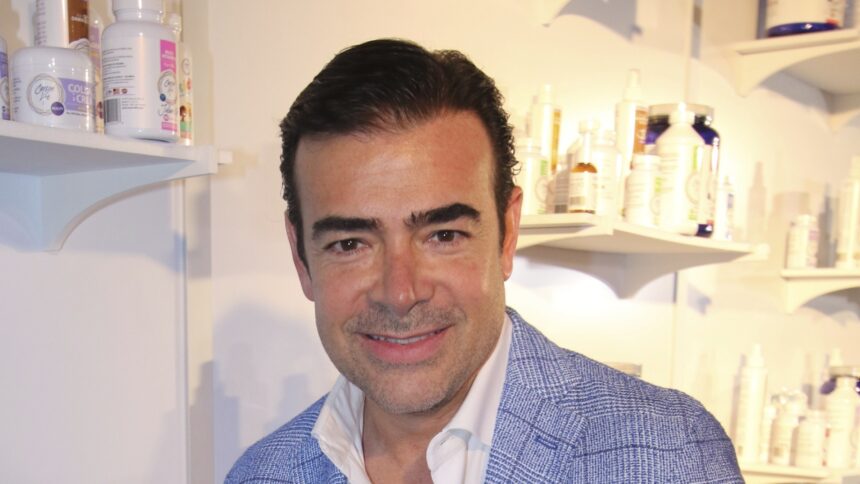Dr William Dugal is a remarkable figure in medicine, known not only for his skills as a surgeon but also for his inspiring journey through adversity. After contracting COVID-19 and developing Guillain-Barre syndrome, he faced a challenging path that left him paralyzed. Despite the odds, he overcame this life-changing event and returned to his medical career, showcasing his resilience and dedication to healing.
His story highlights the impact of rare post-viral conditions and the importance of perseverance in the face of health challenges. Dr. Dugal has since become an advocate for awareness about Guillain-Barre syndrome, sharing his experience to educate others and inspire hope. His commitment to both his patients and community reflects a deep-rooted passion for medicine.
As readers explore Dr. Dugal’s life and accomplishments, they will discover a journey filled with dedication, recovery, and professional success. His ongoing contributions to healthcare make him a role model for many, proving that resilience can lead to renewed purpose and impact.
Key Takeaways
- Dr. Dugal faced and overcame severe health challenges after COVID-19.
- He actively advocates for awareness of Guillain-Barre syndrome.
- His professional journey exemplifies dedication to medicine and community service.
Early Life and Education
Dr. William Dugal’s early life and education set a strong foundation for his future career in medicine. Growing up in a supportive environment, he displayed a keen interest in science and helping others. His academic journey would guide him toward becoming a skilled surgeon.
Childhood
William Dugal was raised in a nurturing family that valued education and service. From a young age, he was encouraged to explore his interests in science and healthcare. He often participated in community service and volunteered at local health events.
These experiences ignited his passion for medicine. As a child, he was fascinated by the human body and how it operates. His supportive parents further motivated him to pursue his dreams, laying the groundwork for his future studies.
Academic Background
Dr. Dugal attended a prestigious university where he excelled in his studies. He earned a degree in biology before moving on to medical school. Driven by his desire to make a difference, he focused on surgery during his training.
He engaged in various extracurricular activities, including health clubs and surgical internships. These experiences helped him gain practical skills and build a strong network. His dedication and hard work distinguished him as a promising medical student, preparing him for a successful career in surgery.
Professional Career
Dr. William Dugal has had a notable professional journey marked by early successes and significant contributions to pediatric surgery. His work emphasizes his commitment to patient care and advancements in medical practice.
Early Achievements
Dr. Dugal completed his medical training at prestigious institutions, setting a strong foundation for his career. He further honed his skills during residency, where he excelled in surgical techniques and patient management.
He gained recognition for his dedication and performance in critical surgical procedures. Dr. Dugal’s early work laid the groundwork for his later innovations in pediatric surgery. His focus on compassionate care for young patients distinguished him from his peers.
Moreover, his involvement in medical education showcases his commitment to training the next generation of surgeons. By sharing his knowledge, he aims to enhance surgical practices in the pediatric field.
Significant Contributions
In his professional career, Dr. Dugal has tackled complex cases, bringing innovative solutions to the forefront. His experience with rare conditions like Guillain-Barre syndrome has informed his practice.
He has also made strides in advocating for improved patient care practices. His involvement in research contributes to understanding post-viral complications and their treatments.
Dr. Dugal embraces collaborative approaches in healthcare, working with teams to optimize outcomes for patients. His contributions emphasize the importance of continued learning and adaptation in the medical field, especially when addressing emerging health challenges.


